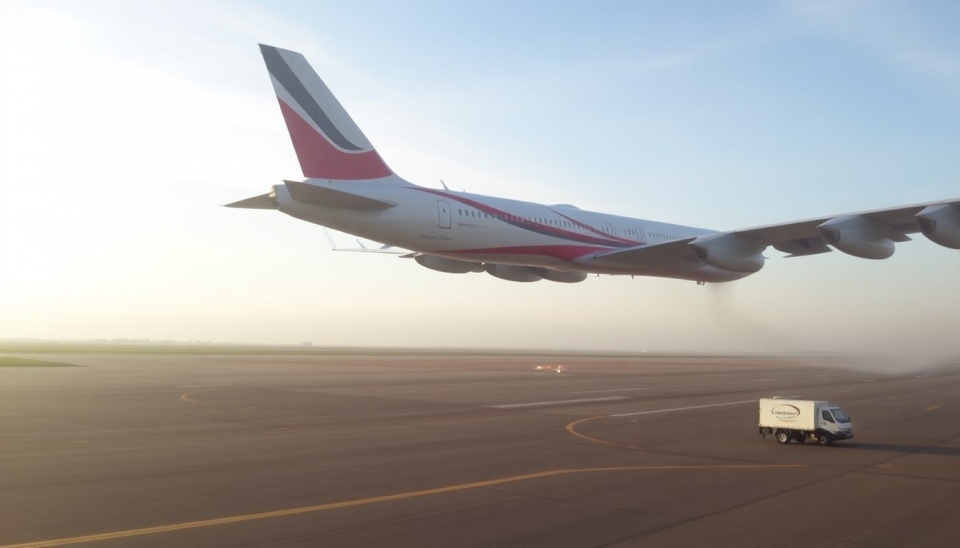
In a significant development that showcases the ongoing economic pressures faced by firms under US sanctions, Wingtech, a major player in the electronics manufacturing sector, has announced its decision to divest assets following substantial financial losses. The company, which has been notably affected by sanctions imposed due to its connections with entities designated as national security threats, is now at a crossroads, forced to reassess its business strategies and financial viability.
Wingtech's financial woes have escalated over the past few months, primarily attributed to increasing restrictions on its operations and market access resulting from the sanctions. The company reported heavy losses in its latest financial statements, prompting urgent calls for restructuring and asset liquidation to stabilize its precarious position. This decision to divest comes as a direct response to an unfavorable business environment, exacerbated by growing geopolitical tensions and an evolving regulatory landscape.
The company has begun the process of evaluating its asset portfolio, identifying divisions and projects that may be sold off or spun into separate entities. This strategic pivot aims to raise capital, alleviate some of the financial burdens, and possibly restore investor confidence, despite the overwhelming challenges posed by the sanctions. Analysts speculate that Wingtech's divestiture may attract interest from other firms looking to capitalize on the company's technological capabilities, albeit careful considerations surrounding the sanctions will play a critical role in any potential transactions.
This move highlights the broader implications of US sanctions on international businesses, particularly those involved in technology and manufacturing. Investors and industry watchers are closely monitoring Wingtech’s situation, as it underscores the difficulties that companies face under international trade restrictions. Additionally, it prompts discussions around the long-term sustainability of businesses operating in high-stakes geopolitical environments.
As Wingtech navigates this challenging period, its decisions will not only affect its immediate stakeholders but may also set precursors for other firms in the industry. The ongoing scenario serves as a reminder of the complexities of the global market, where geopolitical dynamics can dictate the fate of corporations in unprecedented ways. Stakeholders remain hopeful that through strategic asset realignment and potential partnerships, Wingtech can reposition itself for future growth and recovery.
In conclusion, the unfolding situation at Wingtech exemplifies the critical intersection of economics and geopolitics, reinforcing the fact that businesses must continually adapt to an ever-changing global market landscape driven by regulatory constraints and international relations.
#Wingtech #Sanctions #USEconomy #AssetDivestiture #Geopolitics #ElectronicsManufacturing #MarketTrends
Author: Liam Carter




